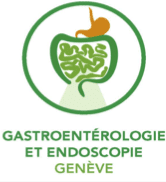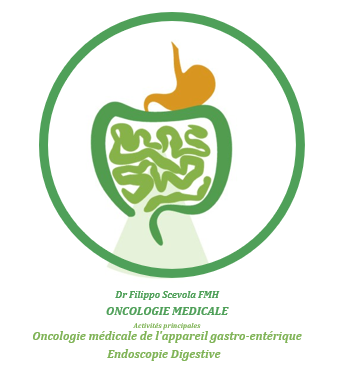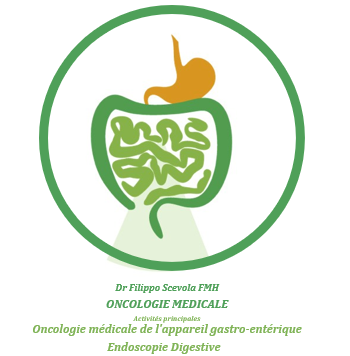ABOUT DOCTOR SCEVOLA
Born in Turin, Italy, he completed his secondary education at a classical high school. In 1981, he graduated with distinction, receiving his medical degree (110/110 cum laude) from the University of Turin. Continuing his academic journey, he specialized in oncology (100/100 cum laude) at the University of Turin in 1985.
Furthermore, in 1990, he obtained a specialization in digestive endoscopy and diseases of the gastrointestinal tract from the University of Milan.
In 2000, he earned a Doctorate (PhD) in Gastroenteric Oncology from the University of Turin in collaboration with Harvard Medical School.
Since 1993, he has held the position of professor in Digestive Endoscopy and Gastroenterology at the University of Turin. From 1992 to 2011, he served as a distinguished professor in charge of the endoscopy and Gastro-Oncology Unit within the Department of Oncological Surgery at the University of Turin.
With an extensive tenure as a professor of endoscopy at the University of Turin, he has cultivated profound expertise in gastroenterology and oncology of the gastrointestinal tract, performing over 15,000 endoscopic interventions in the last 15 years.
General information and explanations
Medical oncology of the gastrointestinal tract focuses on the study of tumors affecting the digestive tract, liver, and pancreas. It involves both the differential diagnosis and specialized treatment of these conditions. The precise ability to differentiate neoplastic pathologies from other pathologies, combined with the rapid establishment of an accurate diagnosis, is crucial for ensuring effective patient treatment, thereby significantly enhancing their quality of life.
Throughout my training in Gastrointestinal Oncology, I have cultivated all the specific skills associated with the diagnosis and treatment of diseases affecting the digestive tract, liver, exocrine pancreas, and proctology. It is important to emphasize that the gastrointestinal apparatus encompasses the entire digestive tract (esophagus, cardiac region, stomach, small intestine, colon, liver, pancreas, and anus).
In contrast, hepatology is devoted to disorders of the liver, gallbladder, and bile ducts.
Regarding proctology, it constitutes the medical discipline dedicated to treating all diseases of the anus and rectum, including hemorrhoidal disease, anal fissures, abscesses and fistulas of the anus, as well as tumor and functional pathologies of the anorectal region.
The examinations available at the centre include:
Study of clinical oncological pathologies and differential diagnosis with non neoplastic diseases of the gastrointestinal tract
In particular:
- Esophagogastroduodenoscopy
- Colonoscopy and ileoscopy
- Polypectomies of the upper and lower digestive tract
- Total rigid rectosigmoidoscopy
- Anorectal manometries
- Impedance pH monitoring
- Abdominal ultrasound
- Hepatic elastography
- Transrectal ultrasound
- Breath test (study of lactose intolerance and alterations of intestinal microbiota)
- Study of nutritional disorders and dietary recommendations in various digestive pathologies such as overweight, obesity, mies of the upper and lower digestive tract
- Total rigid rectosigmoidoscopy
- Anorectal manometries
- Impedance pH monitoring
- Abdominal ultrasound
- Hepatic elastography
- Transrectal ultrasound
- Breath test (study of lactose intolerance and alterations of intestinal microbiota)
- Study of nutritional disorders and dietary recommendations in various digestive pathologies such as overweight, obesity, malnutrition, as well as in celiac disease, short bowel syndrome, and functional intestinal disorders.
Address
Dr. Scevola Filippo
Route de Florissant 10
1206 Genève
Legal





